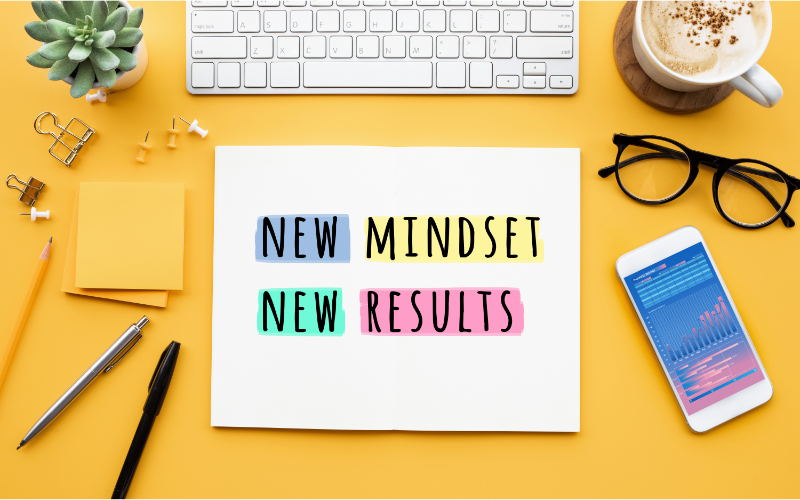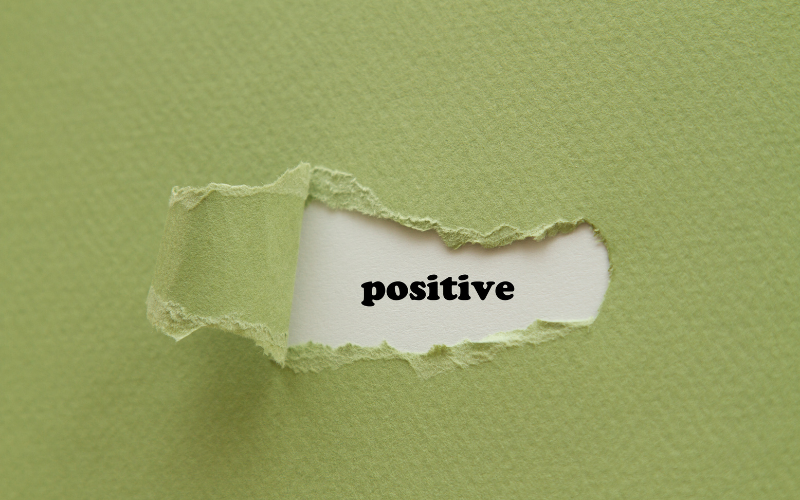Amidst the buzz of recent years surrounding positive mindset as a means to attain greater happiness, success, and well-being, one question lingers – is it a skill that can be honed and developed, or simply a personality trait inherent to some individuals? In this article, we delve into the intricacies of positive thinking, seeking to determine its true nature as a skill or otherwise.
The Benefits of Positive Thinking
There is a wealth of evidence supporting the numerous benefits of positive thinking on both mental and physical health. Those who embrace a positive outlook on life are often found to be less prone to stress and anxiety, displaying remarkable resilience in the face of difficulties and adversities.
Furthermore, they tend to exhibit greater optimism, energy, and creativity, elements that can significantly contribute to their success in both personal and professional spheres.
The Science Behind Positive Thinking
As the study of human happiness and well-being, positive psychology delves into the powerful influence of our thoughts and attitudes on our emotions and behaviors. Researchers in this field have uncovered a correlation between negative thinking and increased levels of stress, anxiety, and depression, while positive thinking has been linked to greater happiness and resilience.
Is Positive Mindset a Skill?
The question then arises, can we cultivate and refine the ability to think positively? The answer is an unequivocal yes! Like any other skill, positive thinking can be honed through persistent practice and determination. Here are some techniques to help you cultivate a positive mindset:
- Cultivate Gratitude: Set aside time each day to reflect on the blessings in your life and cultivate an attitude of gratitude. This can shift your focus towards the positive aspects of life and foster an optimistic outlook.
- Surround Yourself with Inspiring People: Seek out friends and family members who have a sunny disposition and encourage you to do the same. Limit your exposure to individuals who constantly bring negativity into your life.
- Live in the Present Moment: Instead of being consumed by worries about the future or regrets about the past, strive to stay focused on the here and now. This allows you to fully appreciate the positive experiences in your life.
- Engage in Self-Affirmations: Pay attention to the thoughts you have about yourself and others. Replace any negative thoughts with positive and supportive ones. This can help you build a more positive self-image and enhance your overall outlook on life.

Common Misconceptions About Positive Thinking
The numerous benefits of positive thinking notwithstanding, there are several misconceptions surrounding this concept that persist. In this article, we aim to dispel some of the most prevalent of these misconceptions.
- Positive Thinking is Unrealistic. One of the most common misconceptions about positive thinking is that it involves turning a blind eye to reality and pretending that everything is fine. However, this couldn’t be further from the truth. Positive thinking entails focusing on the positive aspects of life, rather than dwelling on the negative.
- Ignoring Problems is Positive Thinking. Another popular misconception is that positive thinking involves ignoring problems and sidestepping difficult situations. In reality, positive thinking entails facing challenges and setbacks with a positive outlook, and the belief in one’s ability to overcome them.
- Positive Thinking is Effortless. Lastly, some believe that positive thinking is easy and requires no effort. However, this is a misconception. Cultivating a positive mindset takes time, practice, and conscious effort, as one must replace negative thoughts with positive ones.
Which books help me to build a positive mindset?
Here are a few books that can help you build a positive mindset:
-
- “The Power of Positive Thinking” by Norman Vincent Peale
- “The Happiness Project” by Gretchen Rubin
- “Mindset”: The New Psychology of Success” by Carol Dweck
- “The 7 Habits of Highly Effective People” by Stephen Covey
- “The Art of Possibility” by Rosamund Stone Zander and Benjamin Zander.

Let’s recap
In conclusion, positive thinking can be considered a skill that can be developed and improved through practice and effort. It has numerous benefits for mental and physical health, and can lead to greater happiness and success.By incorporating positive thinking into your daily life, you can cultivate a more optimistic outlook, reduce stress and anxiety, and improve your overall health and well-being.
So, the answer to the question “Is positive mindset a skill?” is a resounding yes. Start practicing positive thinking today and see the positive impact it can have on your life.




